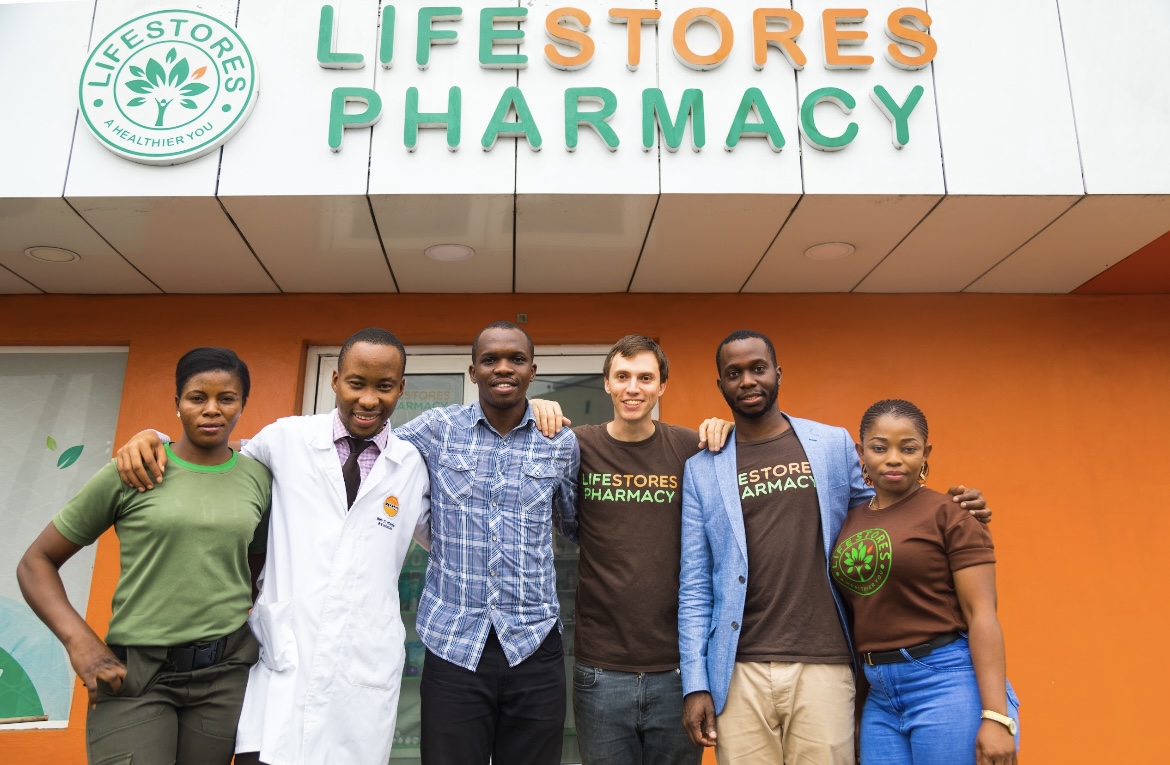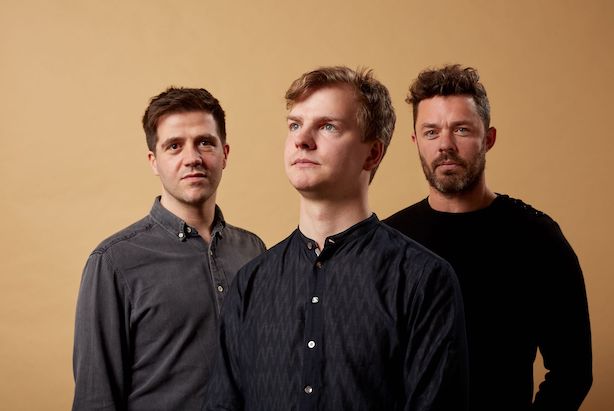Africa’s $45 billion pharmaceuticals market is expected to grow 10% CAGR to $100 billion by 2030. Yet, the sector struggles with highly fragmented and undercapitalized supply chains rife with fake medications, which cause the death of thousands of patients yearly; in Nigeria, 20-40% of drugs are counterfeit. A handful of healthtech companies bring efficiency to Nigeria’s pharmaceutical supply chain issues; Lifestores Healthcare is one. In 2020, it raised a $1 million seed round, followed by its newly announced $3 million pre-Series A funding; the latter and oversubscribed round was led by Health54, with Aruwa Capital Management as a supporting lead and participation from other existing investors. Pharmacies in Nigeria play an essential role in how people access medication in the country. Although pharmacies sometimes help facilitate self-diagnosis dealings among patients, they remain the cheapest options for getting healthcare. However, given the fragmentation and underdevelopment of resources in healthcare, pharmacies cannot perform to their optimal capabilities. These inadequacies lead to the high prevalence of fake medications as quality ones also become expensive and difficult to obtain. After taking on pharmaceutical-related and supply-chain projects in their previous jobs, co-founders Bryan Mezue and Andrew Garza knew that whatever they were building should democratize access to quality and affordable primary healthcare. They launched Lifestores Healthcare in 2017 as a chain of retail pharmacies using technology to provide various services. There are two B2B components to Lifestores. The first is the B2B marketplace called OGApharmacy. Launched during the pandemic in 2020, it lets pharmacies and hospitals aggregate their purchasing needs, with which Lifestores negotiates with suppliers for the lowest possible price on high-quality medications, thereby getting 10 to 20% discounts for them. The other is an ERP system that pharmacies and dispensaries can use to run their operations. Image Credits: Lifestores Healthcare Lifestores Healthcare provides its services through a network of more than 750 outlets. The healthtech outfit said it’s experiencing a 25% monthly marketplace growth and counts more than 10% of Nigeria’s pharmacies as registered customers; it plans to expand its market share to 25%, which will increase the number of patients reached by 4x from 100,000 to 400,000 by 2023. “The number of patients who have loyalty accounts with us is growing by double digits every month. And then we also think a lot about the scale of impact we have through the pharmacies we don’t own but support through our software,” CEO Mezue said. “And then, we indirectly touch over 200,000 patients from our software and the services we offer to those pharmacies. As of today, those are the ways we think about our patient impact. We’re also on the verge of launching several B2C initiatives and some cool features that are more direct to the patient.” To drive this growth, Lifestores will open a new Lagos processing centre and launch new technology features as part of its B2B offerings, including pharmacy management software, AI-driven predictive ordering, advanced credit offerings, and patient management initiatives, it said in a statement. Lifestores will also expand its B2C services, with pilots in patient savings, care management, and medication delivery. While telemedicine remains the standout healthcare offering that has witnessed massive adoption globally since the pandemic, startups that digitize the supply chain and distribution to providers like Lifestores have achieved scale faster and seen the most impressive growth among Africa’s healthcare space in the last 12 months, according to this report. Other companies in this space which work with community pharmacies and lower-end providers such as drug shops to help stock products, include Mutti by mPharma, HealthPlus, Shelf Life by Field Intelligence and Maisha Meds. “In many cases, players are working on multiple geographies, and possibly multiple segments. But we’ve taken a bit of a different angle, where we’re going quite deep,” said the CEO describing how Lifestores differs in expanding operations. “Because the market is fragmented, we’re saturating certain regions before we move to other ones.” The founders also shared some learnings acquired in the past five years of running their startup: the importance of building partnerships across the board, including pharmacies, dispensaries, hospitals, and regulators; the fact that pharmacists are adopting technology more than people think; and how healthcare providers are concerned about transparency on quality and price of medications. “We’ve also seen how healthcare wholesalers serve as banks and give pharmacies and hospitals medications on credit which lets these healthcare providers do their work upon credit effectively much cheaper than what they’d secure from the banks,” added Garza on some of the company’s learnings. “This reality has existed for a long time in the healthcare space. We’ve started seeing the enormous benefit of that in terms of flexibility as we work on more advanced features like AI-driven predictive ordering. It’s become much easier to do stuff like that since we have all the technology for the ERP and marketplace in-house, for which we can layer new advanced things on top.” Lifestores’ seed round marks Health54’s first investment on the continent. The recently launched firm is the healthcare-dedicated corporate venture capital (CVC) vehicle of CFAO Group (part of Toyota Tsusho), which has the largest healthcare distribution channel in sub-Saharan Africa. “We’re proud and happy to make our first investment with Health54 in Nigeria and in Lifestores. We were impressed with Bryan and Andrew’s on-the-ground experience of having run multiple retail pharmacies in Nigeria,” said Côme Vercken, Managing Director, Health54, on the investment. “In two years, they have built a first-rate distribution platform with OGApharmacy. As a strategic partner, we’re delighted to work together and bring the benefits of our vertically integrated pharmaceutical supply chain so we can support more patients in Nigeria and beyond with quality primary healthcare.” This investment will see Lifestores leverage Health54’s increasing network of health services providers and CFAO Healthcare’s existing wholesale distribution capabilities in Nigeria and across Africa should it plan regional expansion down the line. But for now, the healthtech wants to fuel growth in Nigeria, improve its software capabilities, reach new customer segments and ramp up hiring across sales



